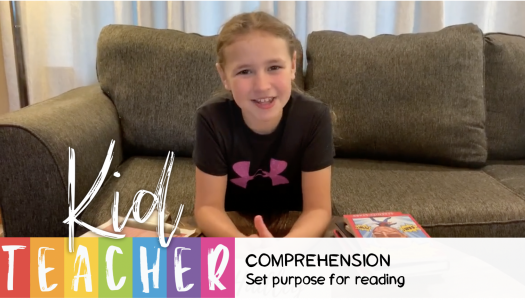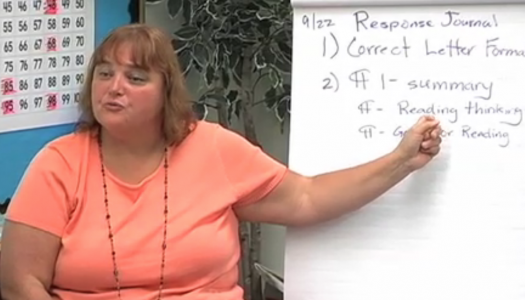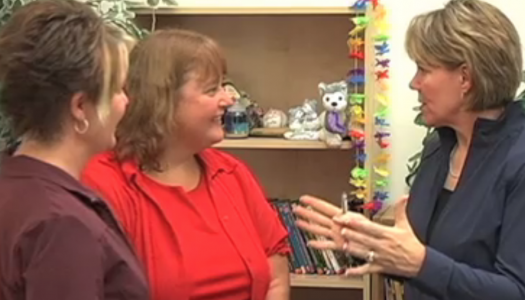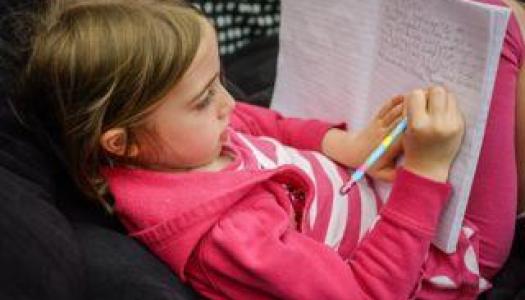Responding to Literature
Join Our Community
Access this resource now. Get up to three resources every month for free.
Choose from thousands of articles, lessons, guides, videos, and printables.
Responding to literature is important for both our younger and older students. Instead of assigning tasks or craft projects that can be classified as busywork, we strive for authentic responses that produce joy and deeper comprehension.
Students of all ages like to retell books they have read independently, books they have listened to during Listen to Reading, or books we have shared together. Sometimes portions of a story are acted out. For example, if a student is working to create mental images, they might act out a part of a book that really created a movie in their minds. Younger children love to reenact stories, especially if props are involved.
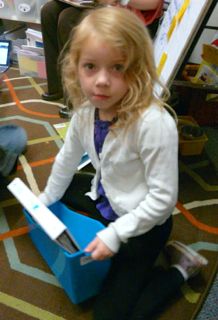 Older students often enjoy taking a portion of a novel and creating a reader's theatre script that they then practice and share with the class. Students develop many skills as they work through the process of what to include in a script. They refine their fluency and expression when they read the script. They also provide precious advertising and book blessings that spur further interest in certain titles throughout the room.
Older students often enjoy taking a portion of a novel and creating a reader's theatre script that they then practice and share with the class. Students develop many skills as they work through the process of what to include in a script. They refine their fluency and expression when they read the script. They also provide precious advertising and book blessings that spur further interest in certain titles throughout the room.
Sometimes we replace our last focus lesson with a chance to respond to the day's reading. This may involve turning and talking with a partner, sharing and retelling what they read, or individual or group shares in front of the class.
For younger children, responding to literature often comes from playing with language through poems, songs and chants. These important learning activities create strong phonemic awareness and are a vital part of becoming a reader.

